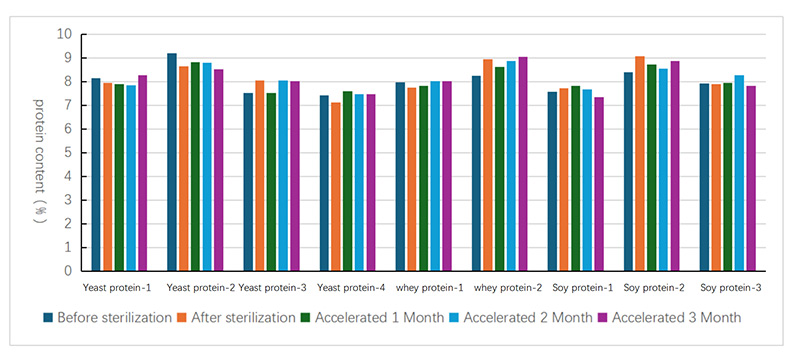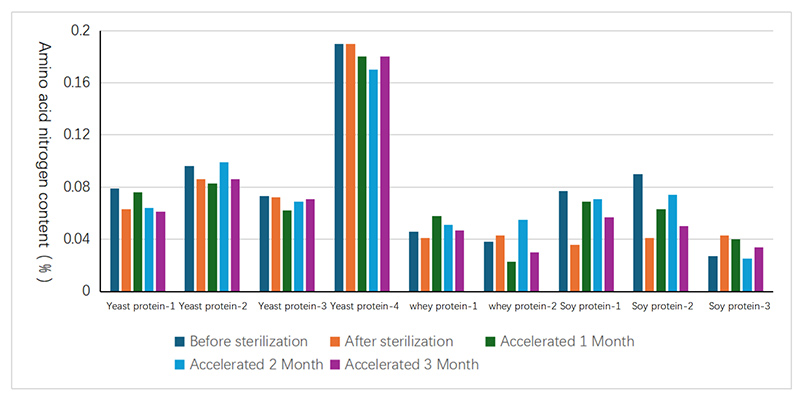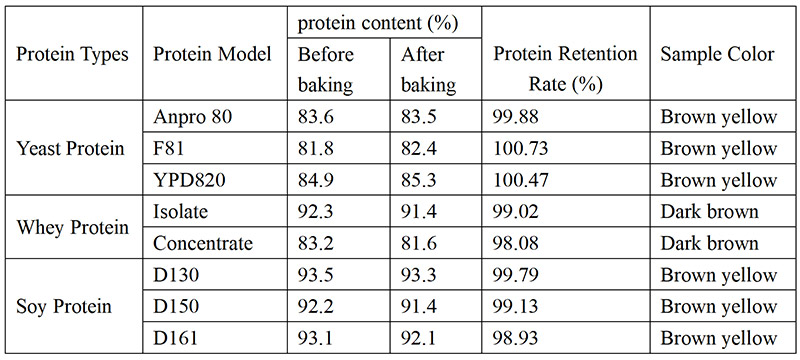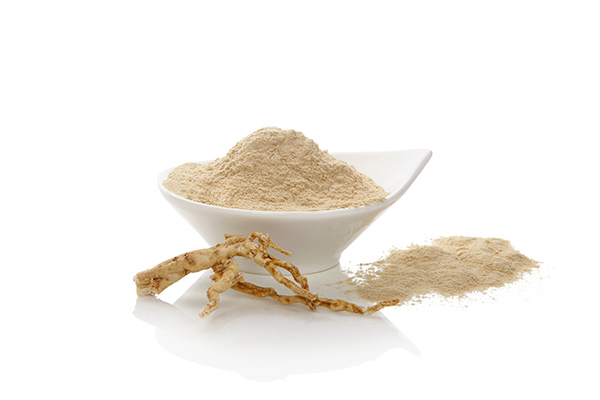-
Home > News & Events > Blog > Human Health
Yeast protein is a high-quality complete protein derived from natural yeast. Using Saccharomyces Cerevisiae as the strain, it is obtained through fermentation, separation, and drying, with a protein content of ≥80.0g/100g. As a protein derived from microbial sources, yeast protein production offers high resource efficiency, is unaffected by environmental and climatic conditions, and has a low carbon footprint, making it an eco-friendly and sustainable protein option. In terms of nutrition, yeast protein contains all nine essential amino acids with a PDCAAS score of 1. In the areas of sports nutrition and muscle synthesis, yeast protein has shown similar effectiveness to whey protein in improving muscle strength and mass in elderly populations. Additionally, yeast protein supports gut microbiota balance, enhances microbial diversity, and promotes the production of exercise-induced fatty acids.
Thanks to its eco-friendly and health-oriented properties, yeast protein has steadily gained market traction. A wide range of products containing yeast protein, such as sports protein powders, protein bars, protein drinks, potato chips, and biscuits, have emerged in large numbers, providing consumers with more choices. With the continuous deepening of research on yeast protein, its application characteristics are being increasingly explored.
When comparing the stability of yeast protein with other protein sources in acidic beverages, it was observed that at a pH of 3.5, yeast protein maintained its integrity without denaturation or flocculation, whereas whey protein and soy protein exhibited varying degrees of flocculation. Furthermore, after high-temperature sterilization treatment (121°C, 20 minutes), the whey protein underwent severe protein denaturation, resulting in the overall caking of the protein drink, while the yeast protein and soy protein were less affected by the temperature. During ambient storage, yeast protein beverages demonstrated stable protein content and amino nitrogen levels, and remained stable during the shelf life.


To further verify the thermal stability of yeast protein under higher temperatures, we simulated baking conditions to evaluate its performance in extreme heat. The results showed that yeast protein exhibited a retention rate (protein content before baking/protein content after baking × 100%) close to or even exceeding 100%. This slight surplus could be attributed to minor measurement deviations or reduced moisture content after baking. In comparison, whey protein and soy protein demonstrated slightly lower retention rates than yeast protein after baking. From the perspective of color change, the color of yeast protein was similar to that of soy protein, and both were lighter than the color of whey protein. This difference is likely due to the lactose content in whey protein, which intensifies the Maillard reaction during baking. Therefore, from a color stability perspective, the thermal stability of yeast protein and soy protein is better than that of whey protein. Overall, yeast protein performs better in terms of thermal stability.

Lastly, we examined the stability of yeast protein raw materials during storage. Packaged in composite aluminum foil bags, the protein was stored under accelerated conditions (40°C, 70% RH) for 15 months and at room temperature for 36 months. Results showed that the physicochemical and hygienic indicators of the yeast protein remained in compliance with product standards. No significant changes were observed in sensory or physicochemical properties compared to the initial samples, and no signs of oxidation or rancidity were detected.
As a high-quality natural complete protein, yeast protein is environmentally friendly and rich in nutrition. It contains all essential amino acids and supports muscle health and gut well-being. With superior stability under acidic and high-temperature conditions, as well as during storage, yeast protein’s outstanding properties make it an increasingly versatile ingredient in the food industry.
| Published by Shi Lei Engineer of Nutrition and Health Division |
About Angel Human Health:
Specialized in yeast and fermentation, AHH is committed to developing innovative, differentiated, science-based functional ingredients and customized solutions, to help our customers get enduring success, as well as contribute to a healthier and sustainable world together.
About Angel:
Angel Yeast Company is a high-tech listed company specializing in yeast and biotech. Product business covers Yeast and Baking, Yeast Extract-Savoury, Nutrition & Health and Biotechnology fields. It is one of the world's leading companies in the yeast industry. Angel has 12 holding subsidiaries and provides products and services for more than 150 countries and regions.
Press Contact:
ANGEL YEAST CO., LTD
Address: 168 Chengdong Avenue, Yichang, Hubei 443003, P. R.China
Tel: +86 717 6369570
Email: Nutritech@angelyeast.com








